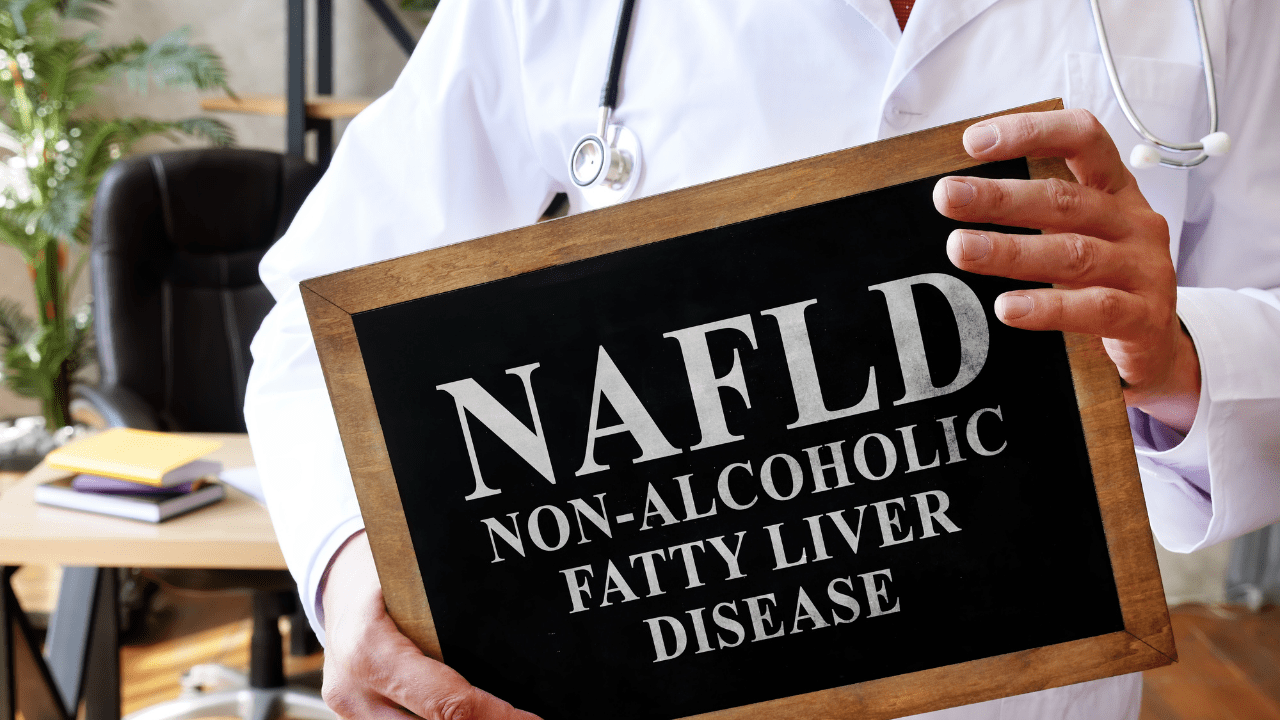Non-alcoholic fatty liver disease is the most common form of chronic liver disease is more common in overweight individuals. It affects about one-quarter of the population and can cause irreversible damage.
Non-alcoholic fatty liver disease is a term for a range of liver conditions that occur in individuals who do not drink a significant amount of alcohol. It basically means that there is too much fat that is being stored in the liver. While it is normal for your liver to contain some fat, if more than 5% – 10% of your liver’s weight is fat, then it is called fatty liver or steatosis.
In the United States, non-alcoholic fatty liver disease is the most common form of chronic liver disease, affecting about one-quarter of the population. Fatty liver disease is typically silent and does not cause any symptoms. Rather, it is often discovered through routine blood work or when an abdominal ultrasound is performed.
This disease comes in two forms. One is simple fatty liver and the second is fatty liver with inflammation called NASH. Of the two, NASH is more serious and can lead to cirrhosis of your liver. In fact, when left untreated, fatty liver disease can also progress to inflammation and cirrhosis. It is important to note that scarring due to cirrhosis is not reversible. If you develop cirrhosis, you are at increased risk for liver cancer and liver failure. These complications can be life threatening.
The outlook for fatty liver disease is best when treatment begins in the early stages, before cirrhosis develops.
Both simple fatty liver disease and NASH are more common in people who are overweight or have obesity. It is also seen in those with Type II diabetes, high triglycerides, sleep apnea, and polycystic ovaries.
There is no medication at this time to treat fatty liver disease. The first line treatment is weight loss. Amazingly, just a 3-5 percent weight loss can lead to improvement of this condition. In many cases, lifestyle changes can also help reverse most stages of fatty liver disease. Other helpful treatments include exercising at least 150 minutes per week, eating a nutrient-rich diet that’s low in excess calories, saturated fat, and trans fats, limiting alcohol intake, and not overdoing over the counter like Tylenol which work through the liver. In addition, keeping your blood sugar and triglyceride levels under control will help. If you are ready to evaluate your risk of non-alcoholic fatty liver disease or simply improve your health with weight loss, please visit our website at https://healthymeweightloss.com. My team and I look forward to meeting you and assisting you to meet or exceed your health goals.





